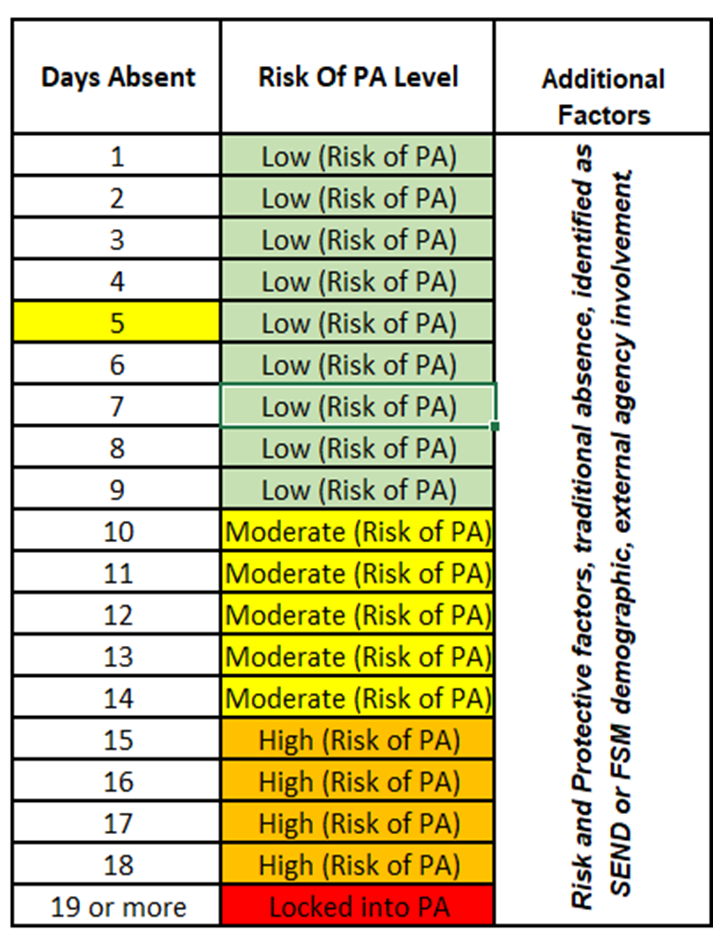The Importance of Attendance
School attendance is not merely a requirement but a fundamental pillar of education. It plays a pivotal role in shaping academic success, personal growth, and future prospects, making it an indispensable aspect of any educational system. Regular attendance to school can have a significant impact on:
- Academic Achievement: Regular attendance directly correlates with academic success. Children who attend school consistently are more likely to keep up with the curriculum, perform better in exams, and improve their life outcomes.
- Knowledge Acquisition: School is where children acquire knowledge and skills that are crucial for their personal and professional growth. Missing days means missing out on valuable learning opportunities.
- Preventing Knowledge Gaps: Frequent absences can lead to significant knowledge gaps, making it challenging for children to catch up with missed lessons, potentially resulting in long-term academic struggles.
- Social Development: School provides a vital social environment for children and adolescents to interact with peers, develop friendships, and learn essential social skills. Consistent attendance ensures children remain connected to their peer group.
- Building Routine: School attendance establishes a structured routine in children’s lives, teaching them time management and responsibility, which are valuable life skills.
- Teacher Interaction: Regular attendance allows for meaningful teacher-child interactions. Teachers can provide personalised support, address questions, and assess individual progress more effectively when children attend regularly.
- School Engagement: Children who attend school regularly are more likely to engage in extracurricular activities, sports, and other enriching experiences that contribute to their overall development.
- Legal and Parental Responsibility: Parents or guardians are legally responsible for ensuring their child's regular school attendance. Failing to do so can lead to legal consequences.
We are committed to providing the best possible outcomes for all of our students. We must collaborate to achieve this.
Parents and carers play a critical part in your child's success. The first step towards academic success is to develop good attendance habits. At all ages, student attendance is crucial to academic success.
We are committed to collaborating with all of our families to ensure that students can strive for excellent attendance. If you are aware of any circumstances that is affecting your child's capacity or willingness to attend school, please contact their Form Tutor or Head of Year as soon as possible to discuss how we can support your child in school.
Strategy for Reducing Persistent and Severe Absence
Persistent Absenteeism (PA)
A student becomes a “persistent absentee” when they miss 10% (which equals to 19 school days) or more schooling across the year for whatever reason. Absence at this level is doing considerable damage to any child’s educational prospects, and we require parents’ support to tackle this. Any case that is seen to have reached the PA mark or is at risk of moving towards or beyond this mark is given priority.
Through regular tracking and analysis, the School will identify students at risk of becoming a persistent absentee i.e. missing 19 school days and intervene swiftly to identify and remove barriers to learning. The School will use the risk and protective factors analysis to help in the early identification of attendance concerns in order to prevent persistent absence.

The Attendance Team will work alongside students and families to identify:
- Concerns with subjects
- Concerns with staff
- Unmet special education need
- Feeling unsafe or issues with bullying
- Mental health
- Social/friendship group worries
- Out of school hour employment
The team will then liaise with relevant staff and agencies to support improved attendance.










